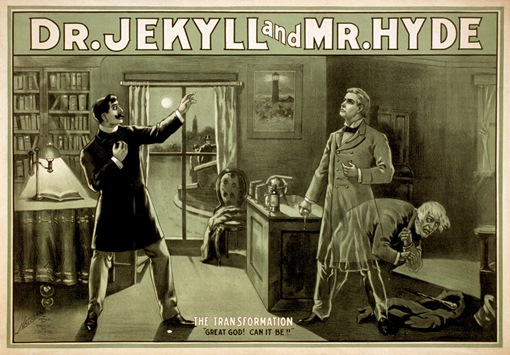Scientists: let's embrace fiction as well as facts

How story-telling can tell the truth about science
The Biologist 62(3) p5
Novels can provide a glimpse into the culture and social attitudes of different times and places. You can experience other people's worlds during your morning commute, and this may be the closest you'll come to understanding the life of a soldier, detective or medieval queen.
This raises the worrying point of what opinion readers might have of scientists if novels were all they had to go by. Scientists in novels, it seems, are a dangerous bunch, liable to unleash a killer virus, build a deadly weapon or assemble monsters from body parts. Realistic portrayals of scientists are hard to come by.
It's time we tackled the problem. We're making great progress in getting scientific information into the popular domain, but how people react to science is still affected by their perceptions of scientists. Few readers of The Biologist will have read a paper about homeopathy, yet most of us are confident it's a placebo, because we hear of its ineffectiveness from scientists whose knowledge and motivations we trust. Would you come to a different conclusion if you didn't understand scientists?
By providing insights into their world, scientists can help writers portray science accurately. The organisation Cape Farewell, for example, brings together artists and scientists to address climate change. One of its expeditions inspired Ian McEwan's satirical novel Solar. The book's protagonist, climate scientist Michael Beard, is a horrible specimen who mistreats everyone he comes into contact with. Yet he still provides an insight into life as a scientist, with accounts of Arctic field trips and academic conferences.
We don't have to rely on professional writers, either. Scientists are all writers, and who better to write fiction about science than researchers themselves? Although causation is hard to prove, studies[1,2] show that fiction readers score more highly in tests of empathy, so it's worth offering people an insight into scientists' lives.
The internet has opened up new possibilities for finding an audience. For example, Jennifer Rohn, a research scientist and author, has set up www.lablit.com, which deals with "real laboratory culture and the portrayal and perceptions of that culture – science, scientists and labs – in fiction, the media and across popular culture".
I've found writing about science extremely rewarding. Through my novel I wanted to accurately depict scientists involved in genetic modification. The image of greedy capitalists keen to bully the honest critics is pervasive, so it seemed time to set the record straight. My protagonist, Sally, certainly doesn't behave like a model scientist, even though her motivations are right. In fact, one of the themes I explore is how good intentions can drive people to do the wrong thing. She does, however, give a more realistic view of what scientists do and why they do it.
I hope many more scientists will join me in giving honest depictions of scientific life. The discussions around children who, when asked to draw a scientist produced pictures of bearded men, have become as clichéd as the images themselves. Fiction provides opportunities to tackle the problem.
References
1) Comer Kidd, D. & Castano, E. Reading Literary Fiction Improves Theory of Mind. Science 342(6156), 377–380 (2013).
2) Mar, A. R. et al. Bookworms Versus Nerds: Exposure to fiction versus non-fiction, divergent associations with social ability, and the simulation of fictional social worlds. Journal of Research in Personality 40, 694–712 (2006).
Rebecca Nesbit MSB is scientific programme manager at Nobel Media. Her first novel A Column of Smoke was published last year.


